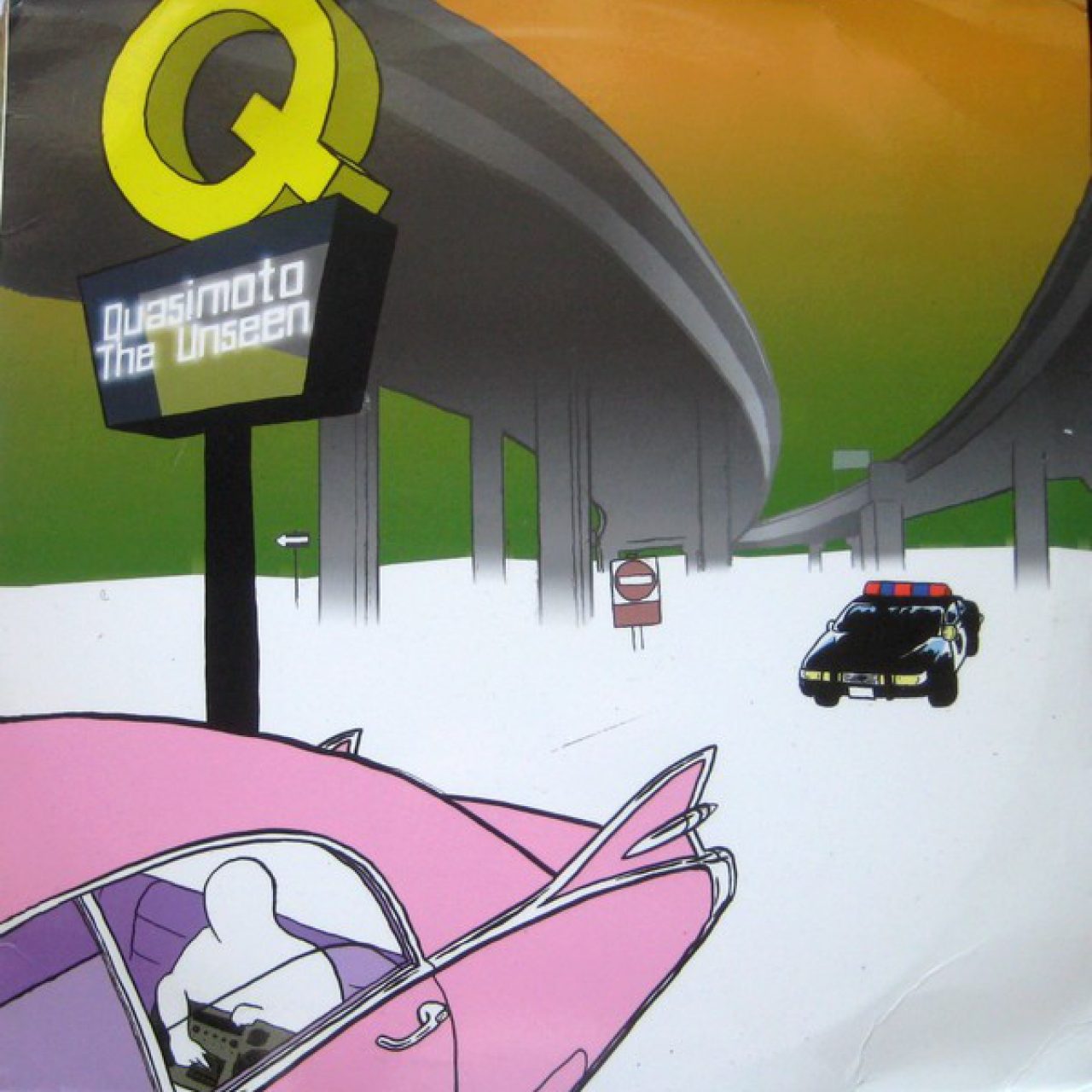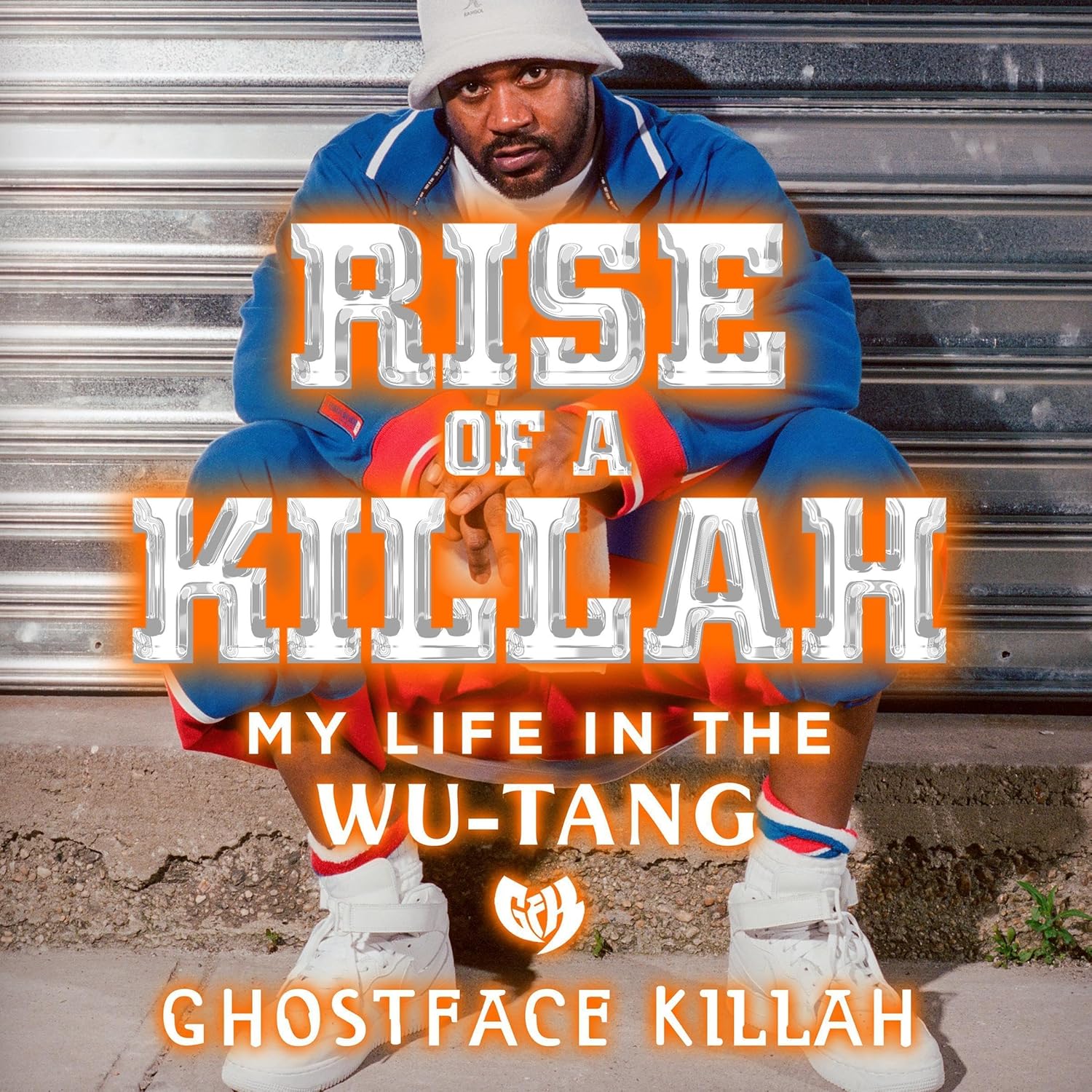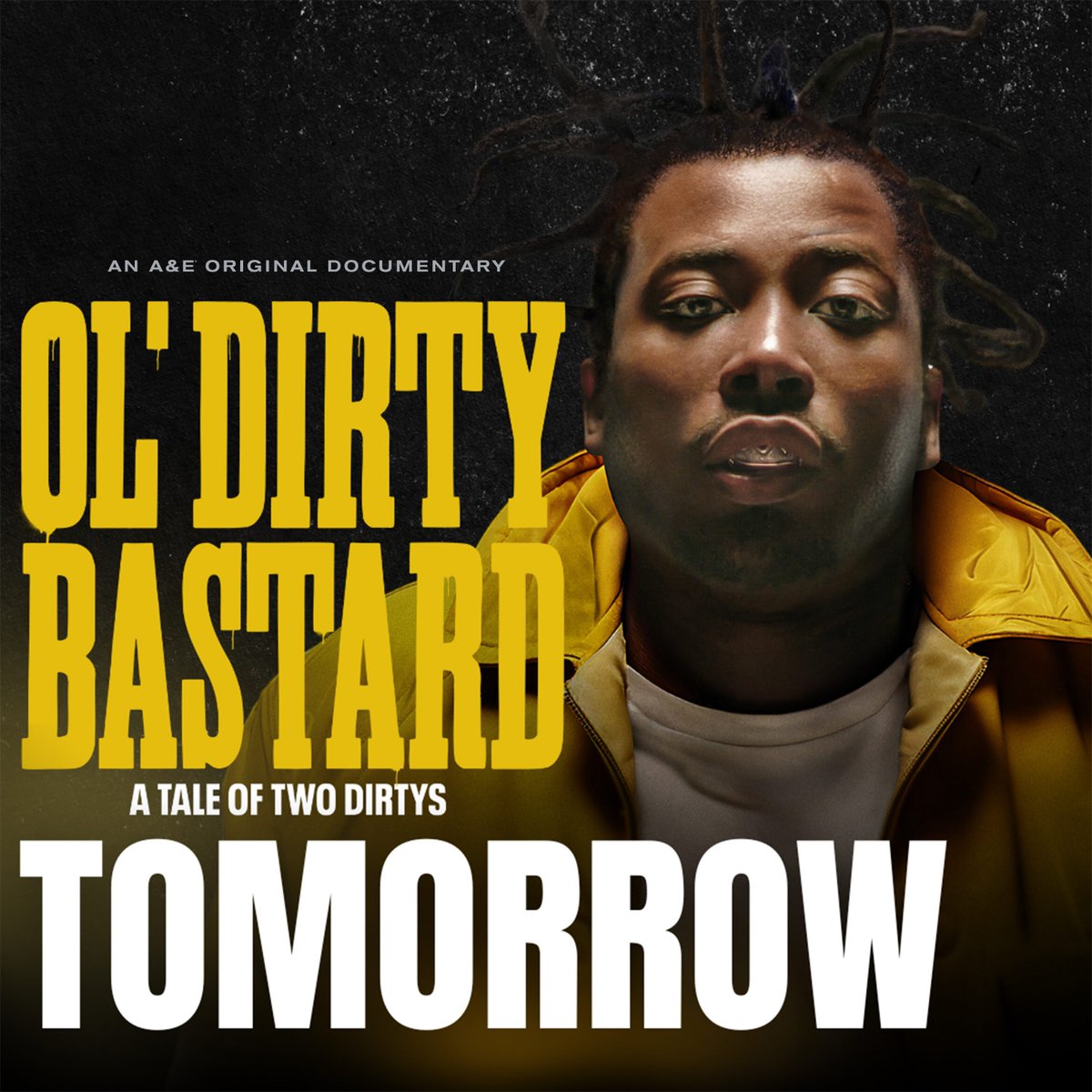Twenty years ago today, Madlib released his landmark album The Unseen under the guise of Quasimoto, the first of dozens of aliases he has used during his career. To mark the occasion, I am re-posting an essay I wrote for the San Francisco Bay Guardian during the time of its initial release.
—
“When you making music, you’re talking to spirits,” DJ Quik once rapped on “You’z a Ganxta.” It’s a ritual latter-day musicians often practice — reviving old traditions in order to resurrect memories of past experiences, hoping to create a new standard in the process. Through Common and Jay Dee’s “The Light,” Bobby Caldwell’s quiet-storm era “Open Your Eyes” bobbed above the surface of our consciousness; similarly, Lil’ Kim and Darren “Limitless” Henson tossed several ingredients into their cauldron, from Special Ed to Jose Feliciano, to turn “No Matter What They Say” into a trip down memory lane as well as a club hit.
Past recordings play such an important part in pop music, it’s disheartening how little acknowledgement is given to yesterday’s artists besides an occasional liner note (which is usually done for legal, not benevolent, reasons). For most, old-school records are mere fodder for samples and interpolations, not admiration and canonization. Concurrently, Madlib, whose production savvy drives (alter ego?) Quasimoto’s The Unseen doesn’t give any credit to the dozens of artists he samples; yet his respect for them is made clear on tracks like “Jazz Cats Pt. 1.” “I love jazz, my man,” he and Quas rap, rattling off dozens of names and labels. “I be gettin’ lit listening to Sun Ra.”
Like most of his contemporaries, Madlib brings back old R&B, ladling it onto The Unseen’s 24 tracks. But unlike his saner rap brethren, he’s clearly driven by ghosts, dashing to the Mexican border with Melvin Van Peebles on “Come On Feet,” laughing with the Last Poets at heroin junkies on “Discipline 99 Pt. 0.” He even finishes Van Peebles’ sentences, as if the cinematic hyphenate and Blaxploitation pioneer were rapping on the track, too.
The Unseen is infested with classic soul breaks, spoken word epics, free jazz snippets and funky drumming; it even snaps and crackles like an old 45-rpm single. Yesterday’s hits haunt him, it seems, as he chops and splices loop after loop into another two-minute epic, complete with laconic, off-kilter rhymes from Quasimoto and himself. “Yo Madlib,” Quas asks on “Return of the Loop Digga,” “Why you waste so much money on records and getting high, man?”
“Man, I ain’t got no time for silly shit! Hey throw this record on, pack a bowl, take a hit,” Madlib responds, unfazed. Perhaps herbal addiction is why Madlib takes “appropriation” to bewildering new heights, channeling a lifetime’s worth of crate-digging through his MP3000 sampler.
In three short years – ever since his first single with the Lootpack, “The Anthem” — Madlib has garnered a reputation as one of hip-hop’s most esteemed, and prodigious, loop diggas. Until now, however, his work on the Lootpack’s Soundpieces: Da Antidote! and Declaime’s illmindmuzik, as well as his several remixes for Zion-I, Planet Asia, Slum Village, and others, closely adhered to the rap paradigm, where the MC’s oversized personality rule the musical proceedings with an iron fist. The Unseen’s massive patchwork of sounds finally allows the spirits fueling his compositions — Andy Bey singing “across the universe,” Bill Cosby and a chorus of children preceding a diatribe by Madlib and Quas on the rap industry’s moral and spiritual decay — to flourish.
The panoply of voices can be disorienting; each song, fueled by Quasimoto’s high-pitched raps and Madlib’s monotone verbals, fizzes out at three minutes or less, leading to another sonic collage, another conversation with the unseen, the undead. In the middle of it all, Madlib lights up a bong, inhaling and coughing out its contents. “I get so high, I hope that I don’t start babblin’,” Quasimoto says on “Astro Travellin’.” There’s even an indication, at the end of The Unseen, that the two are driven mad by gluttony. Riding atop a hard bop lick, Quasimoto’s voice goes woefully out of tune and pitch, slowing and accelerating until it begins to resemble — Madlib’s?
Madlib’s overindulgence, though artful, may be too self-referential for some, especially for those who like their retrospection unobstructed by weird skits and segues that lead to nowhere. But his insistence on building hip-hop from rare grooves is refreshing, even quaint at a time when most producers prefer to plaster harsh keyboard bleats over their interpolations. It hearkens to a time when Public Enemy cobbled together more than 100 different sounds for It Takes a Nation of Millions to Hold Us Back, wrapping Reagan-era polemics in Black Power dynamics; or when KRS-One rewrote the Beatles “Hey Jude” into a testament to his lyrical omnipotence on “Criminal Minded.”
Back then, one of rap’s charms was its wistful nostalgia, its yearning for memories of high-school dances, or watching your parents dance to the latest hits with a mixture of fascination and awe. Perhaps it’s difficult to discern what is real and imagined on The Unseen because Madlib acknowledges that we are guided by spirits, that the act of remembering is just as powerful as the art of invention.
(San Francisco Bay Guardian – July 12, 2000)
Humthrush.com will always be free to read and enjoy. If you like my work, leave a tip at Ko-fi.com/humthrush.


